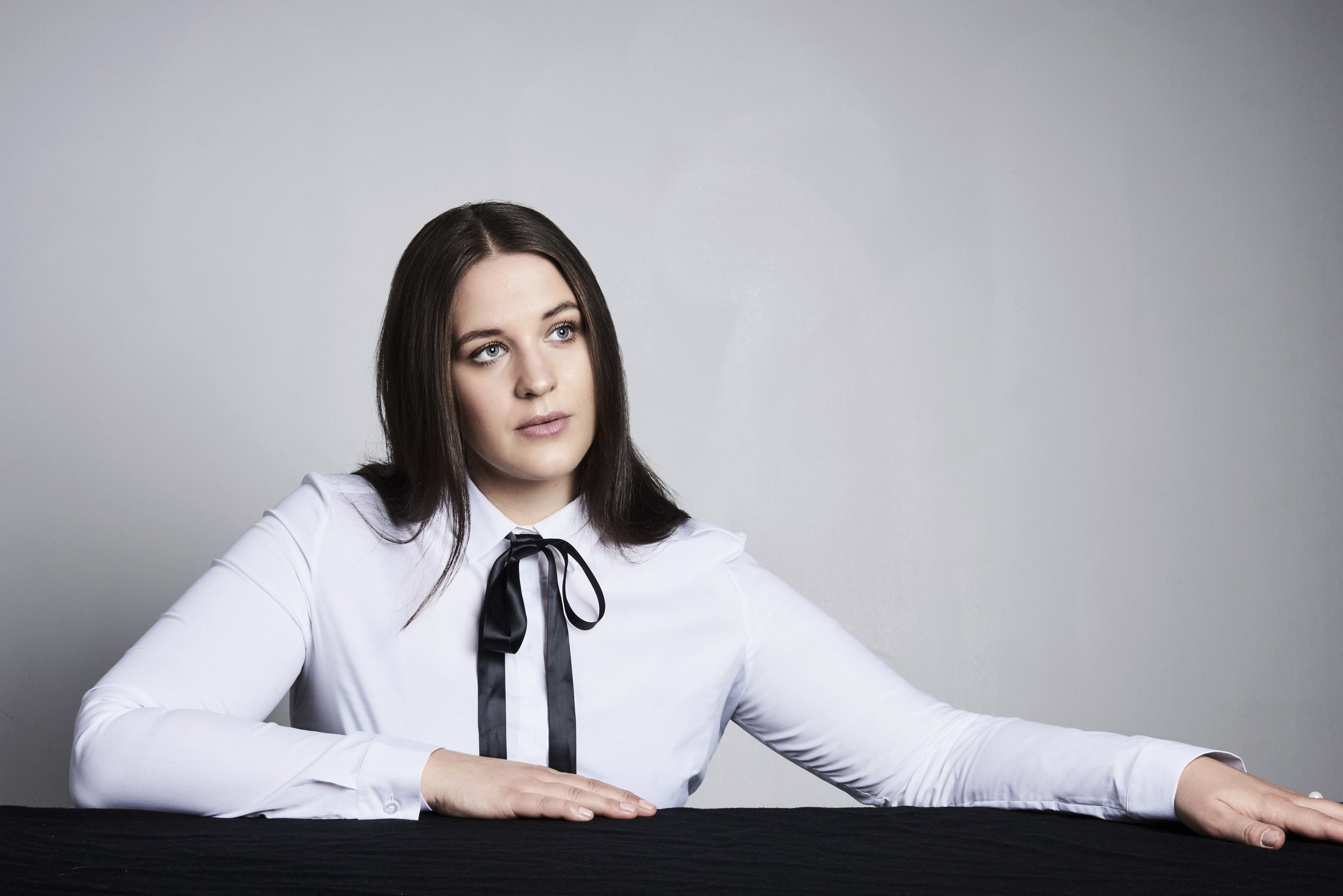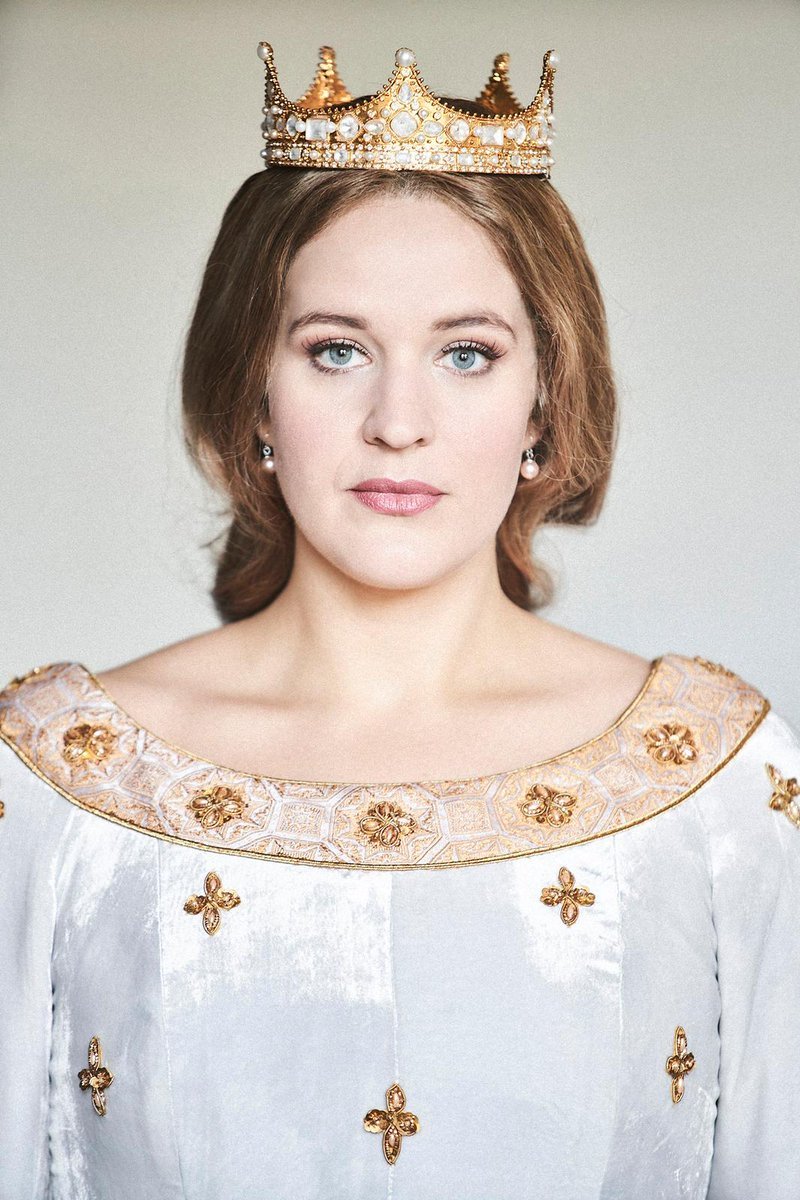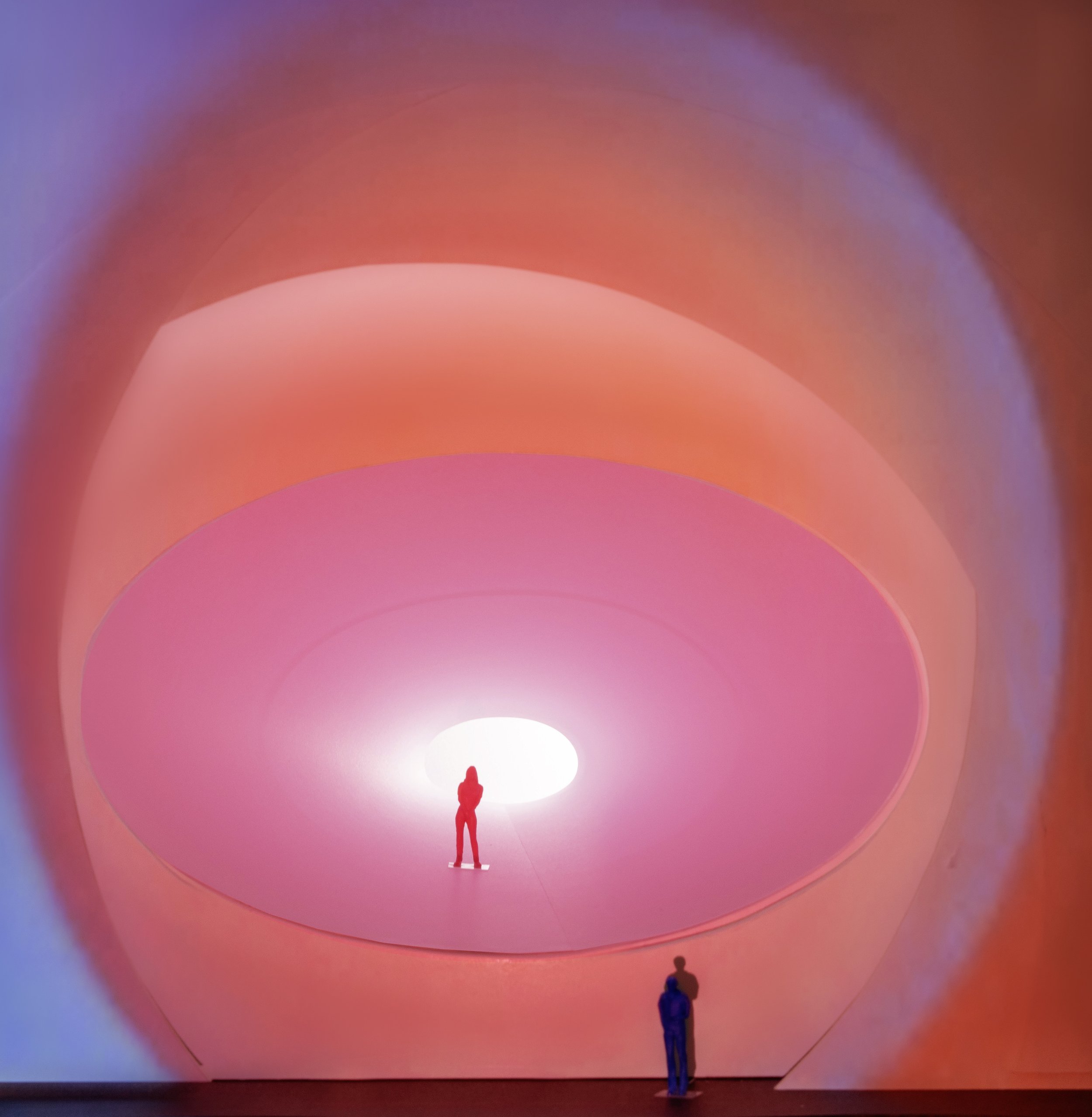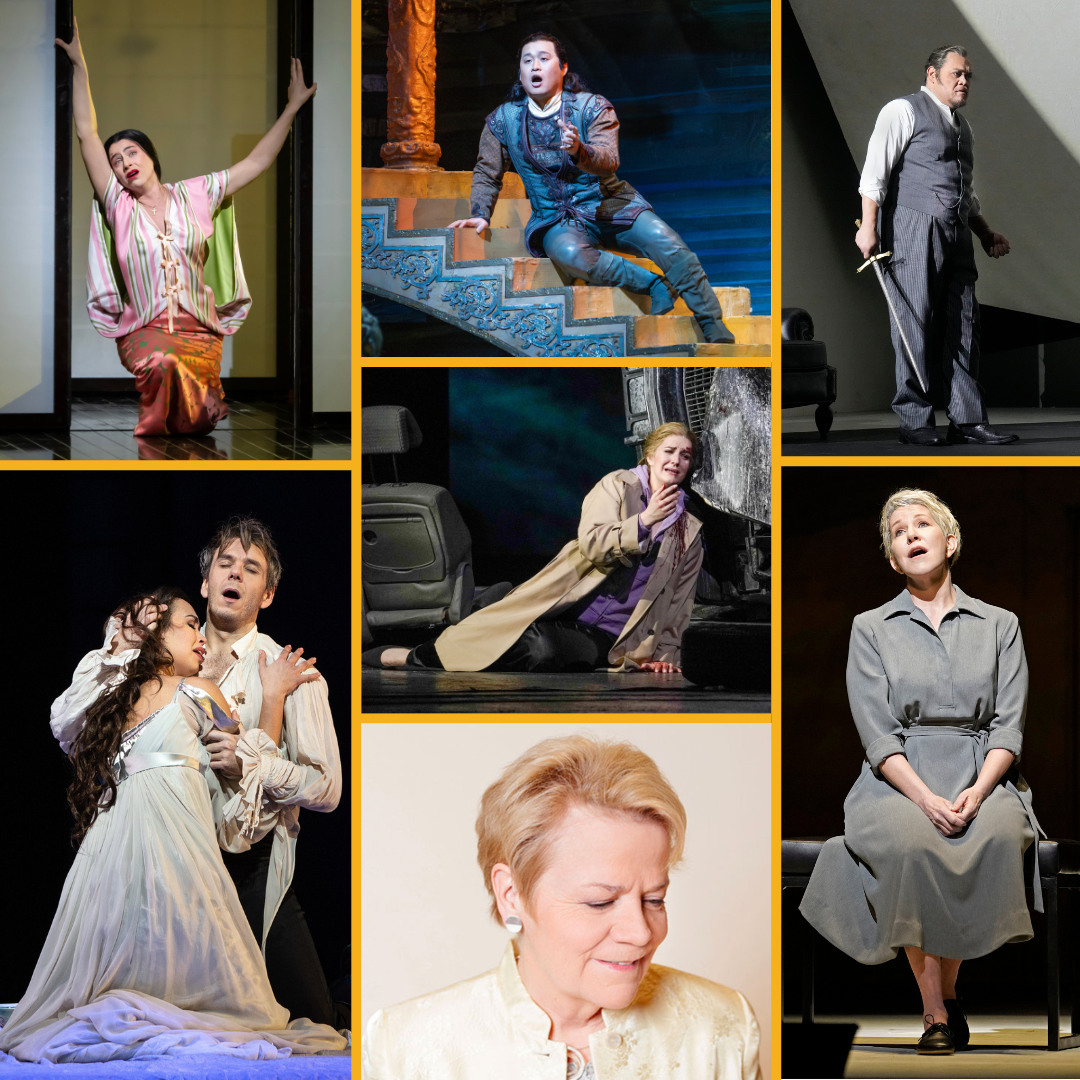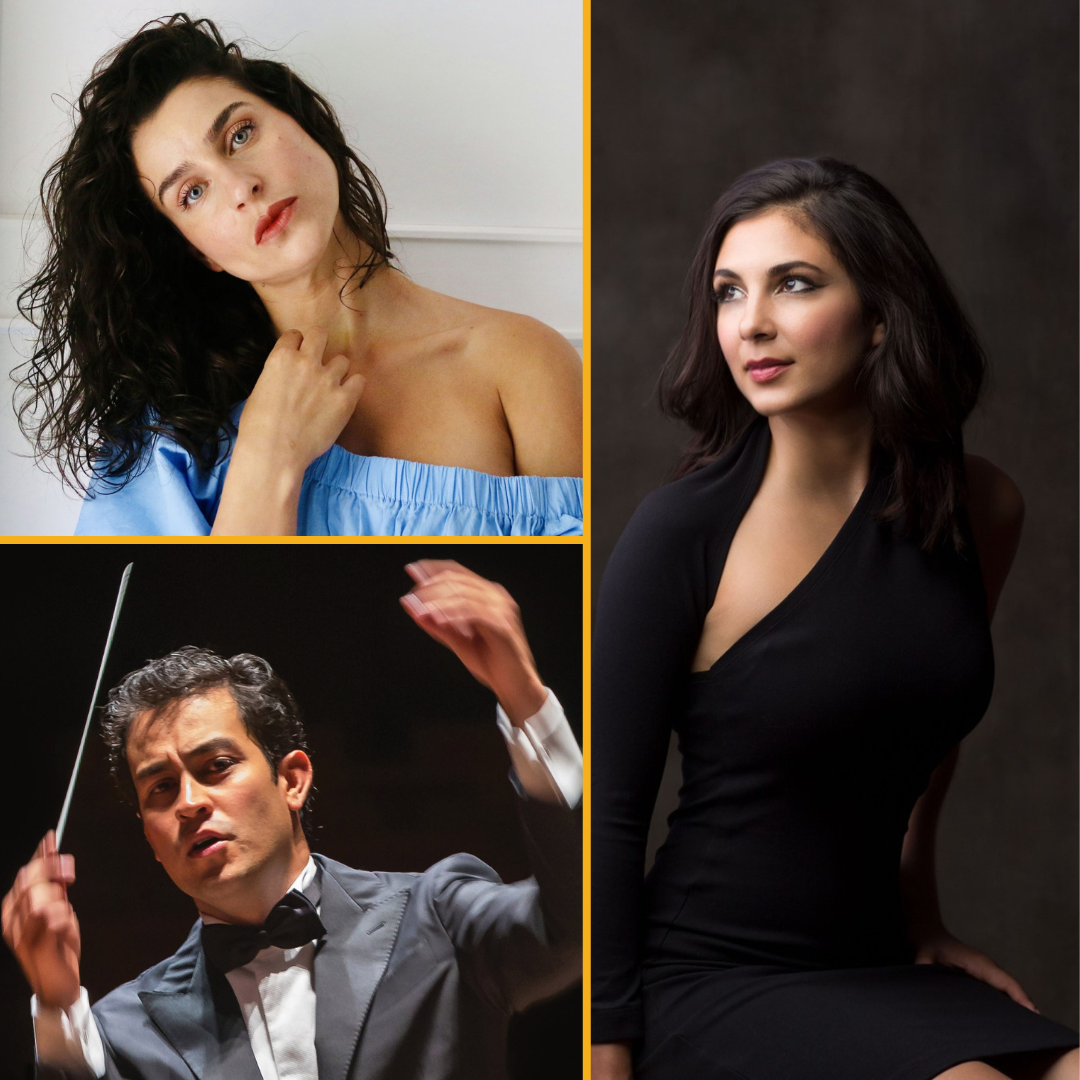Queen of Opera: An Interview With Lise Davidsen
Lise Davidsen
The Norwegian dramatic soprano Lise Davidsen has become the Queen of Opera with such incredible speed and fanfare that it can be difficult to believe that she merits the title. She frequently gets descriptions such as “a voice in a million,” “the future of the opera world,” and “a singer for the ages.” Can any artist really live up to such praise? Does Lise?
The answer is an unequivocal, unconditional, absolute YES.
Shakespeare put it best: “Fie, painted rhetoric! O, she needs it not… She passes praise, then praise too short doth blot.” Still, we writers use our best “painted rhetoric” for doubters who have never heard her, for I know of none among her audiences.
Oy, I buried the lede. Lise very kindly granted me an interview recently, so without further ado, let’s hear from her.
Lise’s origin story, growing up in the small rural town of Stokke, is almost as fascinating as her rise. Many singers come from musical families, but not Lise. She found her love for singing with local choirs and Christmas shows and started playing guitar in her teens, switching her dream career from handball player to singer-songwriter. Even then, she was inspired by Joni Mitchell rather than classical music, which only became her focus when studying at the Grieg Academy. The Grieg Academy is named after Norway’s favorite son, composer Edvard Grieg, whose songs Lise champions.
Then 20 years old, she decided that she would sing baroque music as a mezzo-soprano soloist. “The fact that I studied 4 years as a mezzo-soprano was very good for my process and vocal development. I focused on settling my lower voice and enjoyed doing a lot of baroque music and then I built stone by stone after that.”
A crucial stone turned out to be her voice teacher at the Royal Opera Academy in Copenhagen, who firmly told her that she was a soprano, not a mezzo, and that she should be an opera singer. At that point, Lise finally saw her first opera, R. Strauss’s Der Rosenkavalier, and was floored. She had finally found her path.
It’s difficult to pinpoint just when her coronation as Queen of Opera took place. Of course, she still had a ways to go, but less so than most singers. At 28, she won Operalia 2015 and, one month later, Norway’s Queen Sonja International Music Competition. I’d say that those wins made her an aristocrat, and she became Crown Princess when she debuted at the Met in 2019 as Lisa (the irony) in Tchaikovsky’s The Queen of Spades. “My Met debut was very important. It’s an important house for me and also the first time in the US, so that was very important for me in many ways.”
A Queen is crowned: Lise in Ariadne auf Naxos (Marty Sohl/Met Opera)
After The Queen of Spades, the Met engaged her for five more roles in the following three seasons, including for the title role in Ariadne auf Naxos in spring 2022. That, in my humble opinion, is what crowned her Queen. I was nearly screaming with awe in my journal that night, but rather than give you more “painted rhetoric” right here, you can read my retrospective review here.
Her rise, however, hasn’t been without its bumps; during the pandemic, she caught not one but two cases of COVID-19. “My first covid case was without me knowing what it was [me too] and the second I got last year in spring 2022. I was vaccinated several times and even if I lost my voice and had to cancel some work, I felt lucky it didn’t hit harder.” Her September recital at the Met found her voice to be good-as-shining-new; we should all feel lucky that its loss was temporary. Nor were the coronavirus’s effects merely physical: “I found the first lockdowns quite stressful and difficult, but I think everyone did. Cancelled work and alone in my flat, I felt very lost. But I was also lucky since I could go to my family after a couple of months and that I also got to do a lot of work those years even if it mean[t] a lot of testing and a lot of travel quarantine.”
Despite her imposing height of 6’2”, Lise’s quiet, unassuming demeanor made me wonder whether she sees herself as an introvert. “No, I don’t think so,” she says. “I’m private or I keep a lot of my life private.” She did announce her engagement this year — mazel tov! “As my career and my life is very ‘out there,’ I need a lot of time to recharge, but if I have my own people around me I’m not necessarily [an] introvert.” Just a family person.
How much time she will have to recharge this season remains to be seen, because it promises to be perhaps her most adventurous yet. She unofficially opened the Met’s season with a solo recital on its stage — a rare honor reserved for only the “truly extraordinary,” per the Met’s general manager, Peter Gelb. It was stunning. She’s also debuting three new roles this season, including the title role of Janáček’s Jenůfa and Strauss’s crazed Salome. “I love a good challenge, but some roles, like [Salome or Medea], can be mentally more difficult to work with during the production, but I think that’s a very interesting process too.” No kidding — a love scene with a severed head? Lise’s brave for even accepting the assignment.
Lise as the Queen she is: Tannhäuser in Bayreuth (Enrico Nawrath)
The third role is Leonora in Verdi’s La Forza del Destino at the Met, with one performance being streamed in cinemas around the world on March 9. Lise has already blown away four of the five Met contracts she had after her debut (one was canceled due to the pandemic). She calls the Met “a wonderful house with an amazing staff. Everyone take[s] such pride in their work and that makes it a lovely place to work. And the audience is very good too. They are often very engaged and have welcomed me in a wonderful way since 2019.” Shame on them if they hadn’t. “And the house has such a great history that makes it feel very special too.” Lise is now a part of that history.
Amazingly, she’s managed to stay grounded amidst her fantastic success, choosing to avoid reading reviews. “There will always and forever be a lot of opinions. And I only listen to the people I know and trust and to myself. If not it would never work.” Nor will you ever catch Lise forgetting where she comes from. She keeps Norway close to her heart always, recently releasing an album titled Christmas in Norway. “I love singing at home. I try to do it once a year and sometimes even more. This year I will do a Christmas tour and then I get to visit 3 different cities, and I am very much looking forward to that.”
Another thing she “would love to” be looking forward to is her modern-opera debut, though she does not have it in her plans. Contemporary opera isn’t what she cites as the best way to keep opera thriving for young people, however. According to Lise, it’s “money and information. We must keep up our level on information so that everyone feels included and welcome and we must make sure it’s not too expensive to get a ticket. Then I think the younger generations will come. Young people get young people. As a bit older person [only 36!], I still hope I can make people want to come to the opera.”
Lise, if anyone can make people want to come to the opera, it’s you.

